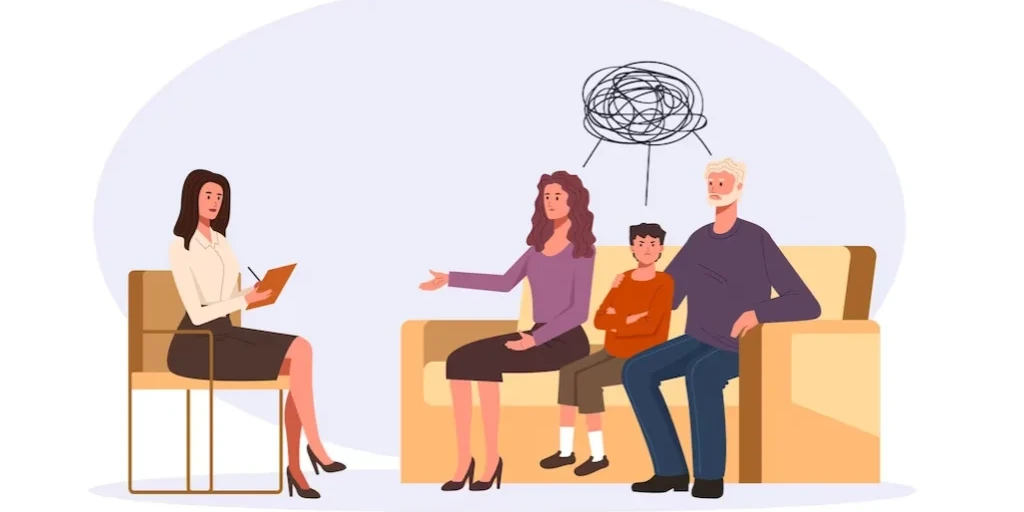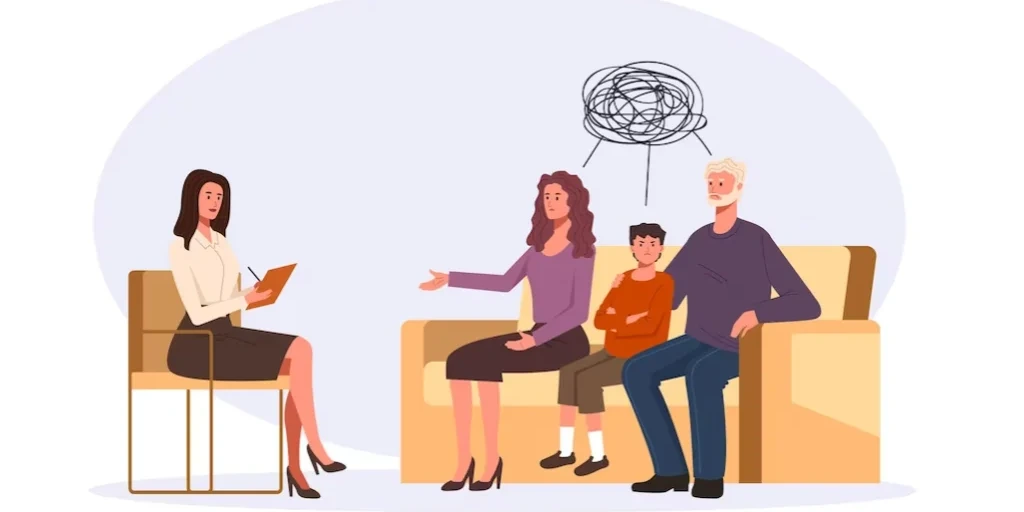24/7 Helpline:
(866) 899-221924/7 Helpline:
(866) 899-2219
Learn more about Depression Treatment centers in Media
Depression Treatment in Other Cities

Other Insurance Options

Meritain

Oxford

AllWell

CareFirst

Ceridian

Coventry Health Care

CareSource

United Health Care

Health Net

Access to Recovery (ATR) Voucher

WellCare Health Plans

Lucent

Excellus

BlueCross

Evernorth

GEHA

PHCS Network

Health Choice

Sutter

MVP Healthcare

Focus Psychological Associates
Focus Psychological Associates offers outpatient treatment for individuals with alcohol and/or subst...

Family and Community Services
Family and Community Services is a private rehab located in Media, Pennsylvania. Family and Communit...

Providence Treatment
Providence Treatment offers outpatient and inpatient treatment for individuals with alcohol and/or s...
























County Seat Behavioral Health
County Seat Behavioral Health is a private rehab located in Media, PA. County Seat Behavioral Health...

Rehab After Work
Rehab After Work is a licensed intensive outpatient drug and alcohol treatment program which has bee...

Chimes – Holcomb Behavioral Health Systems
Chimes - Holcomb Behavioral Health Systems provides services for children and adults who may be deal...








